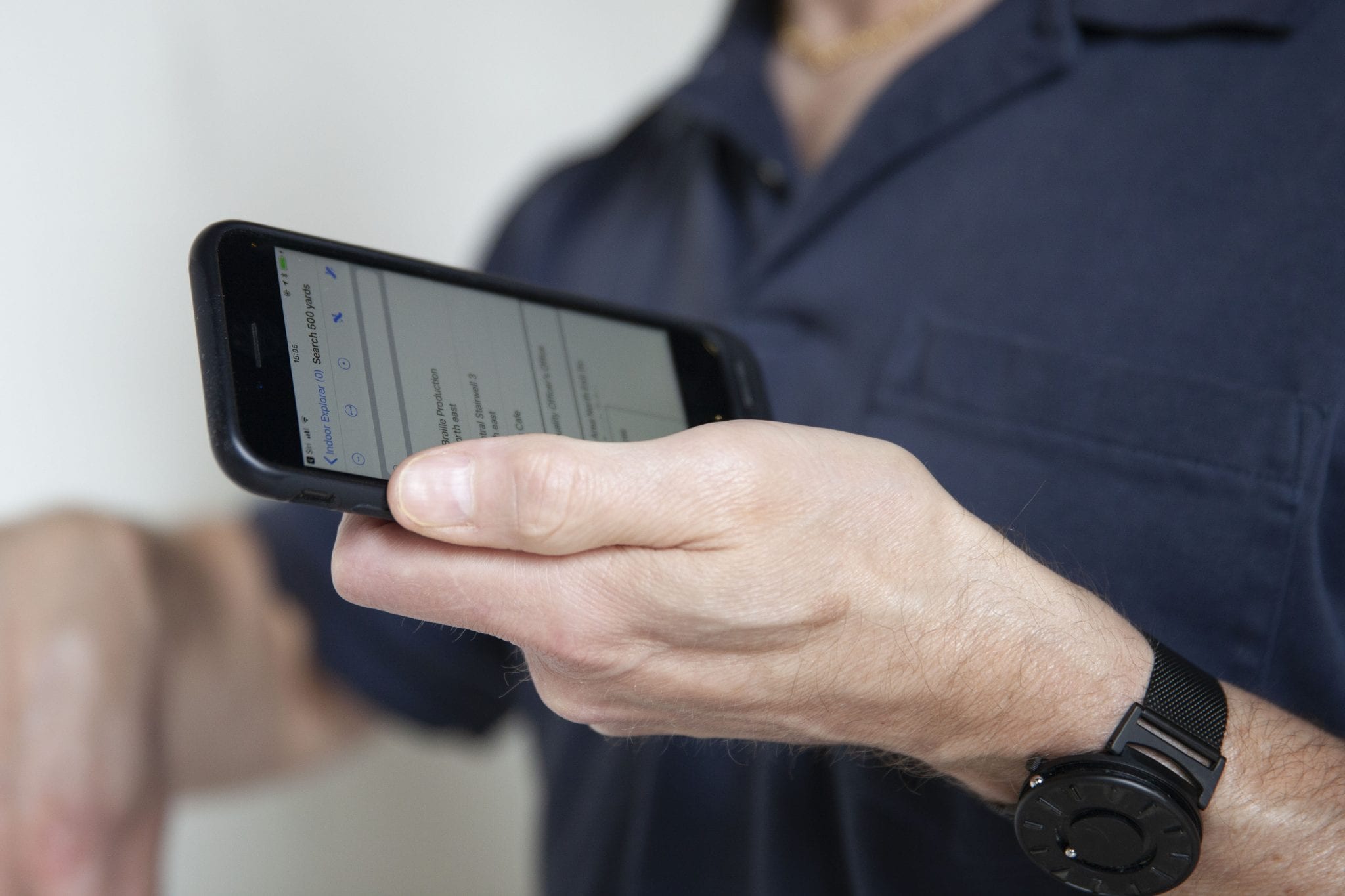A Wish List for Accessible Cities

At the American Printing House for the Blind, we believe accessibility is for everyone, everywhere. But as we all know; most cities and communities aren’t fully accessible to people who are blind or visually impaired. APH wants to change that, and we took a big step forward by asking people who are blind or visually impaired what they want and need to navigate the world independently.
Over the summer, we conducted a survey at major field conferences asking participants to give us their definition of an accessible city and community. We interviewed 397 people, including those who are blind and visually impaired, as well as caregivers, family members, and practitioners in the field. We also received 436 online survey responses, making this the largest study of this topic to date.
First, I want to thank everyone who participated in our survey. Our vision of creating fully accessible communities — like the Accessible Louisville plan we’re already working on — won’t be a reality without your input and support. Your participation was invaluable.
I’d also like to share a little bit about what we learned. You told us you want all-inclusive cities that make true independence possible for everyone. You want auditory and haptic pedestrian signals at every stoplight, with vocal feedback about crossing times and directions. You want beacons to read signs independently in public buildings, braille signage, and armor tile on all blended curb cutouts. You need more accessible solutions for transportation and shopping.
Those are just a few of the things on your wish list for a fully accessible community. Now, we’ll be using what we learned from the survey to do even more research and explore partnerships with other organizations. We’ll also continue with our Accessible Louisville plan that will not only make our home city more accessible but will create a template for other cities to follow. This plan includes a 20-location pilot project of APH’s indoor navigation technology, Nearby Explorer Online with Indoor Explorer™.
If you participated in our survey, we want you to know that your perspective is guiding our accessibility priorities. We’ll keep listening to what you have to say; you will hear much more from us about this topic.
APH has always been committed to breaking down barriers to learning and living. Now our classrooms are everywhere in this wide, changing world, with opportunities to explore and discover that belong to everyone. Thank you for being part of our work and helping us shape the future of accessibility.
For questions about APH’s accessible community’s initiative, please email info@aph.org.
